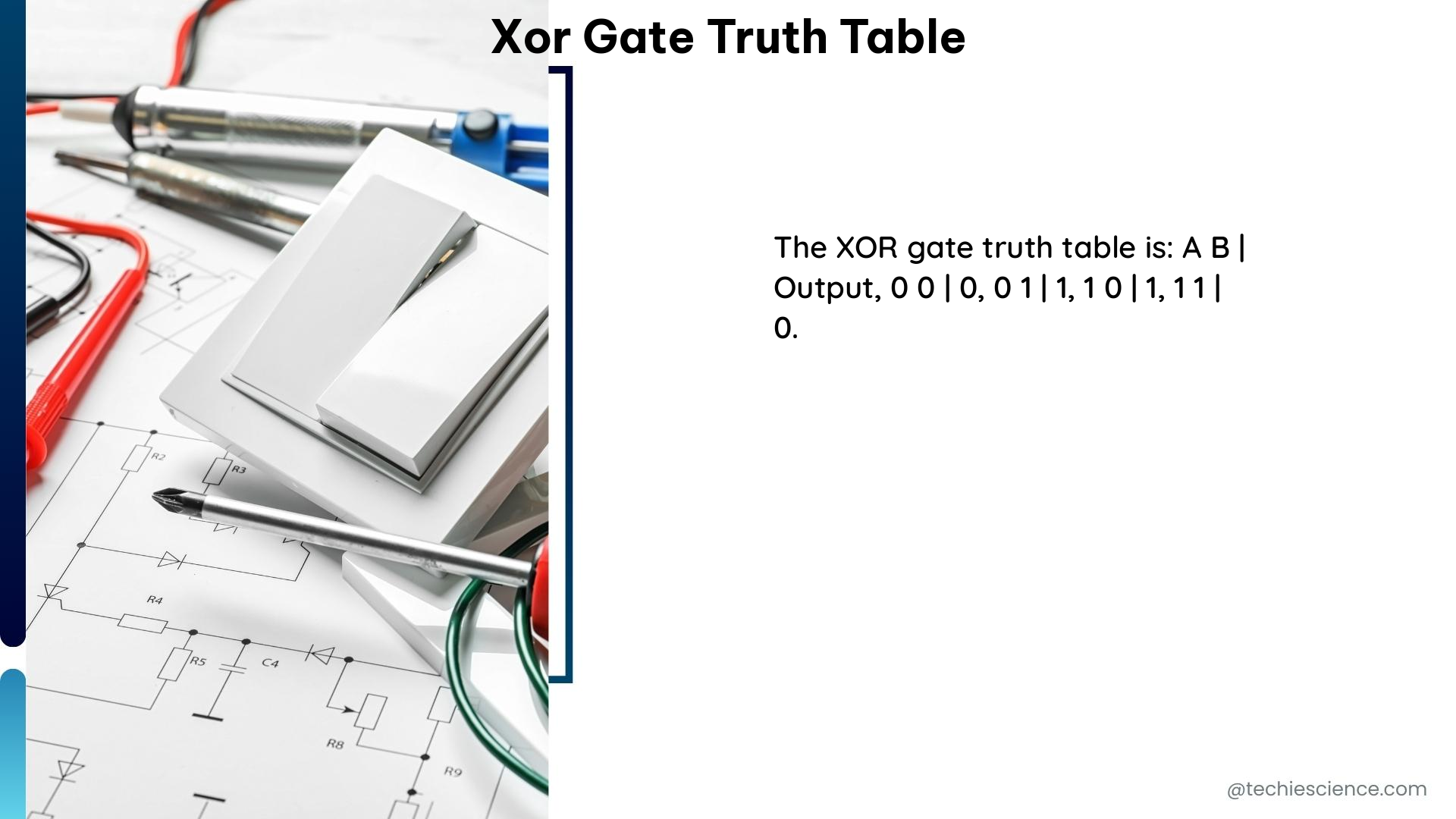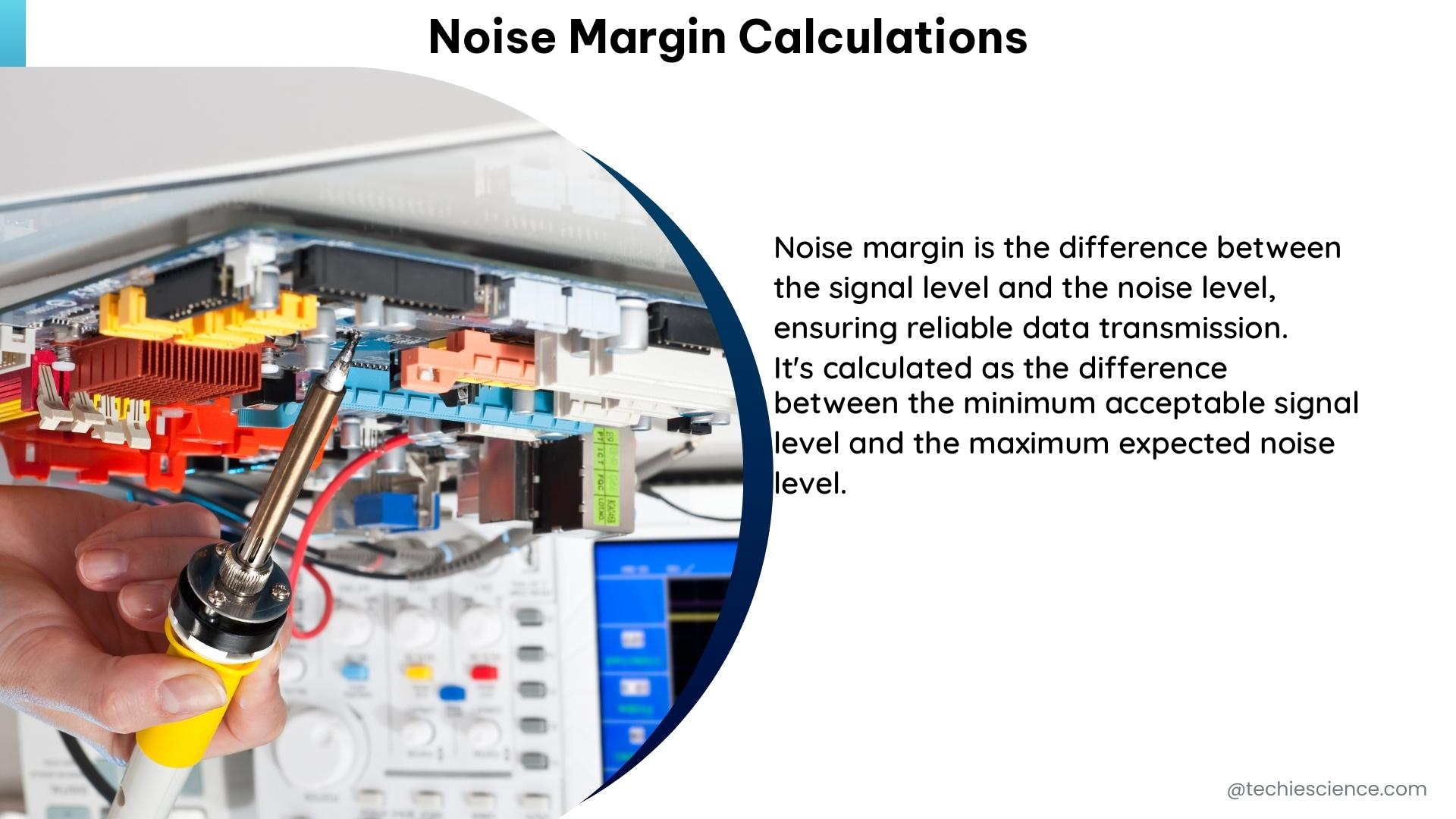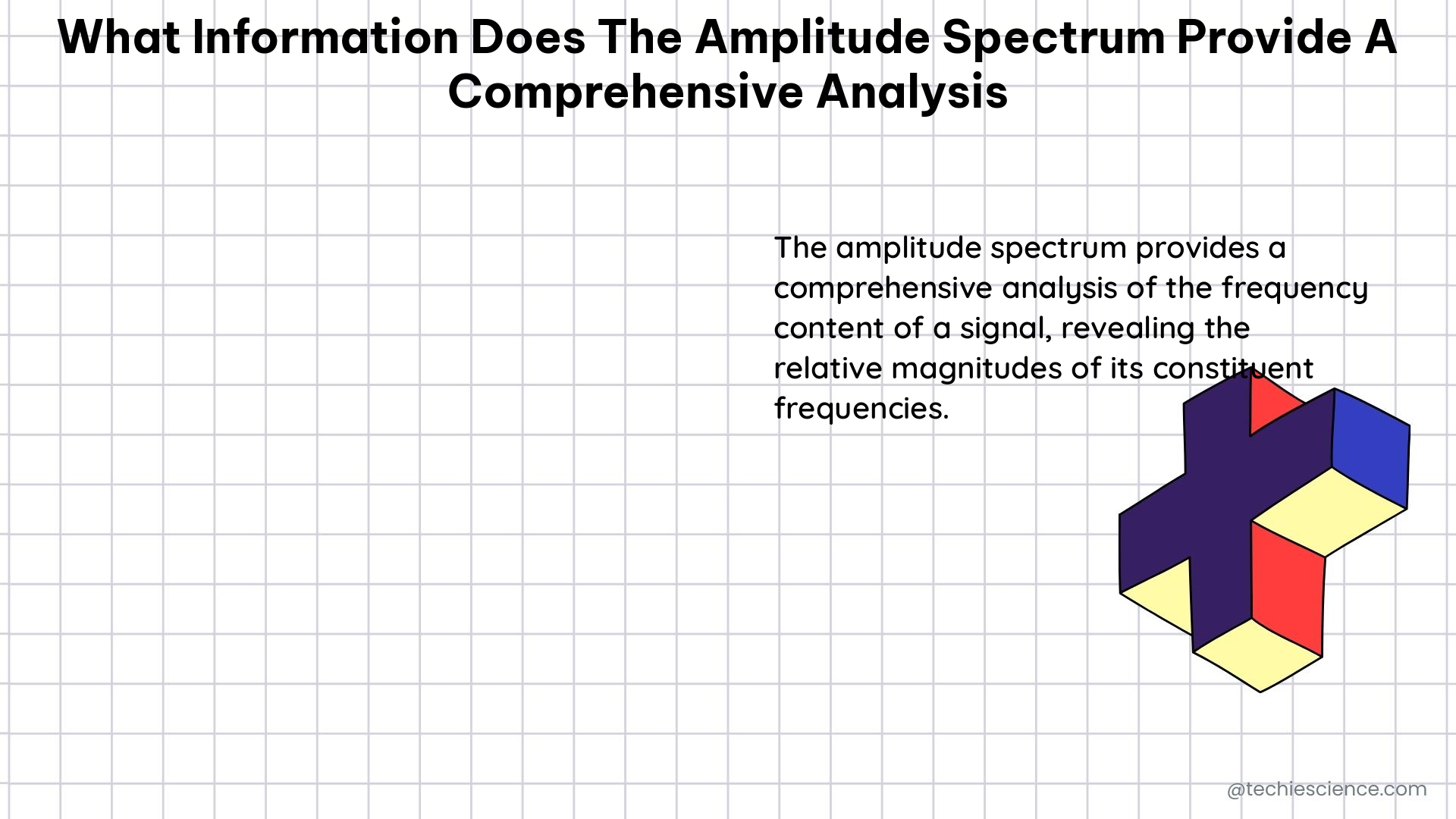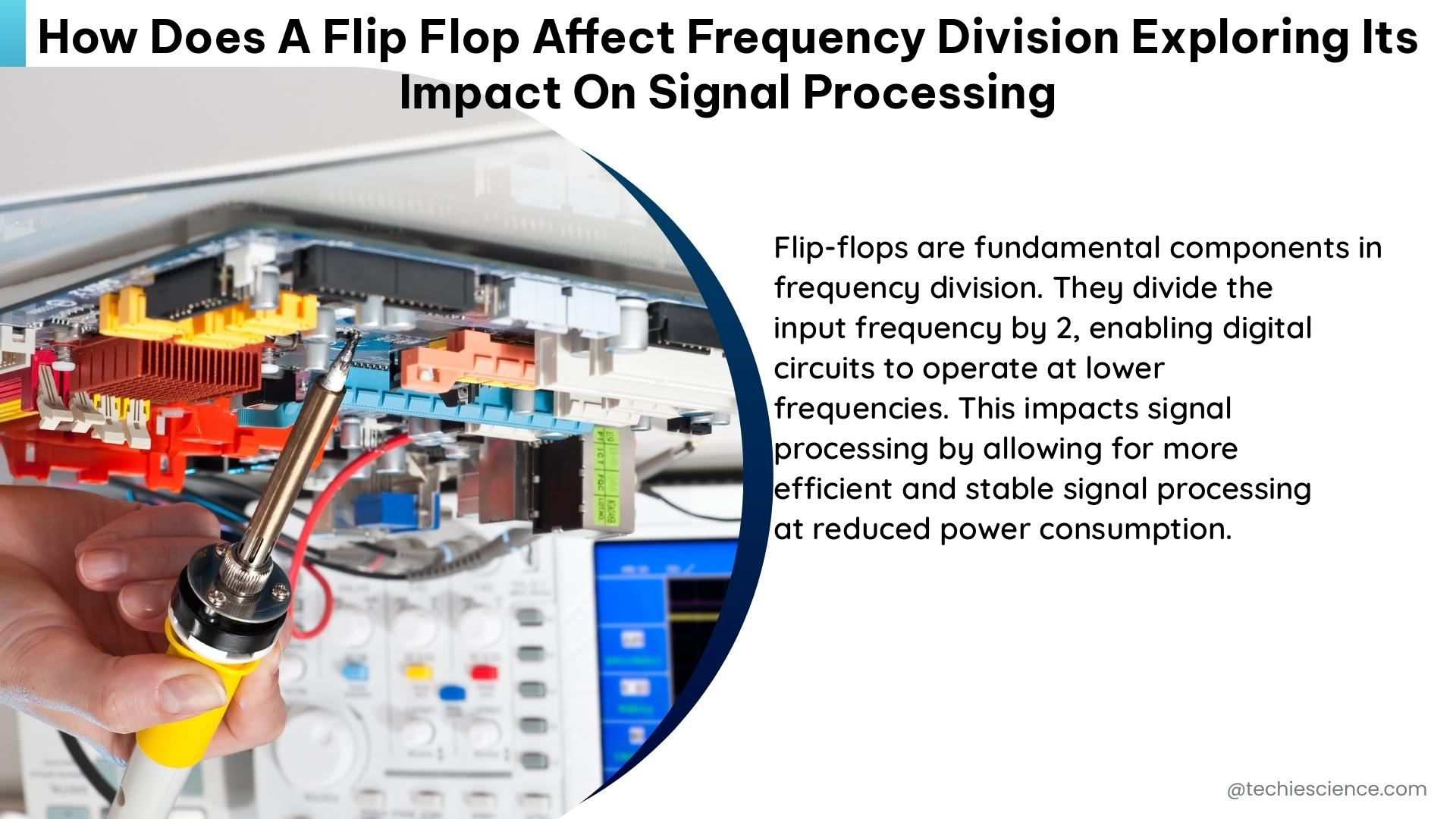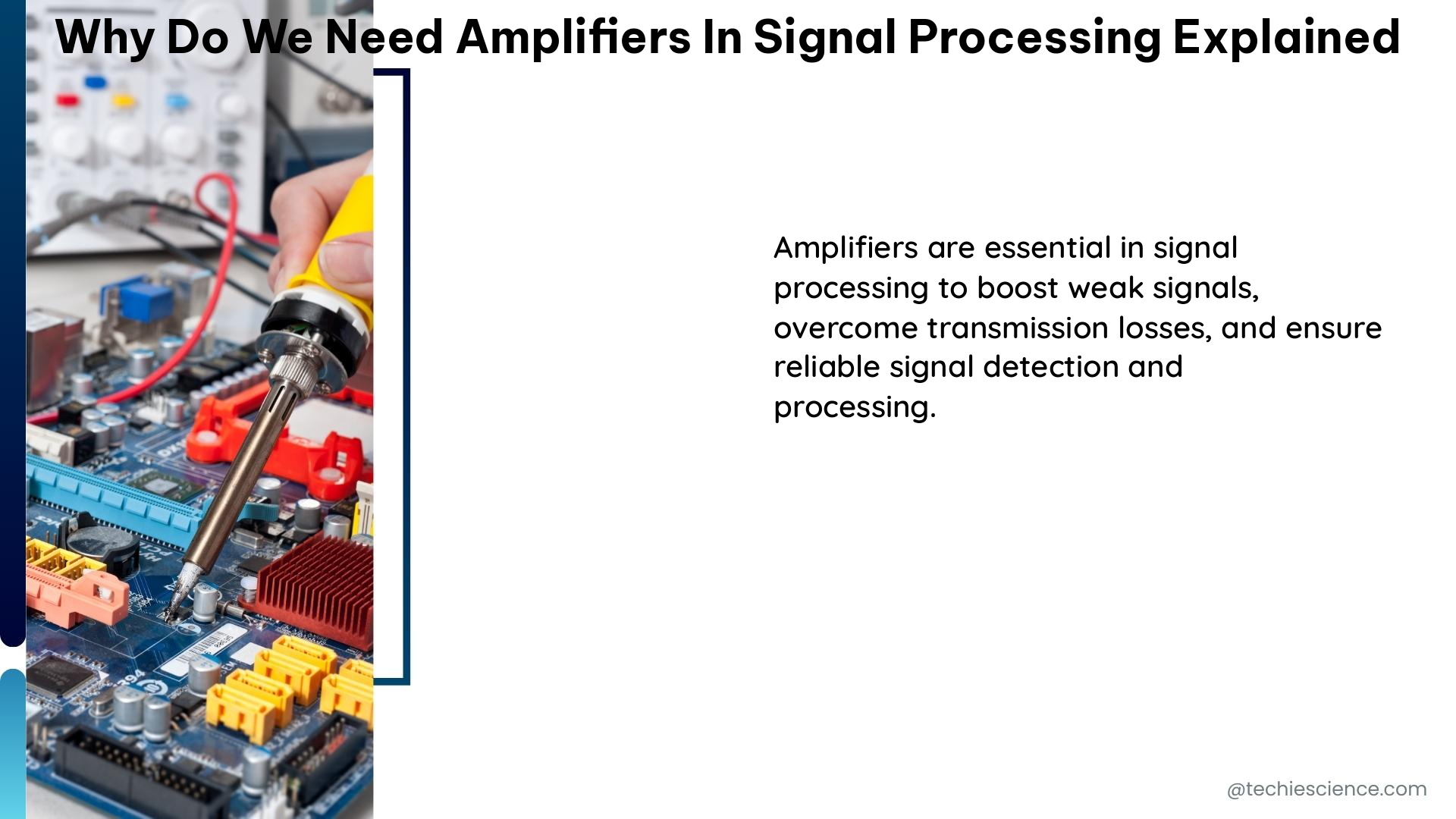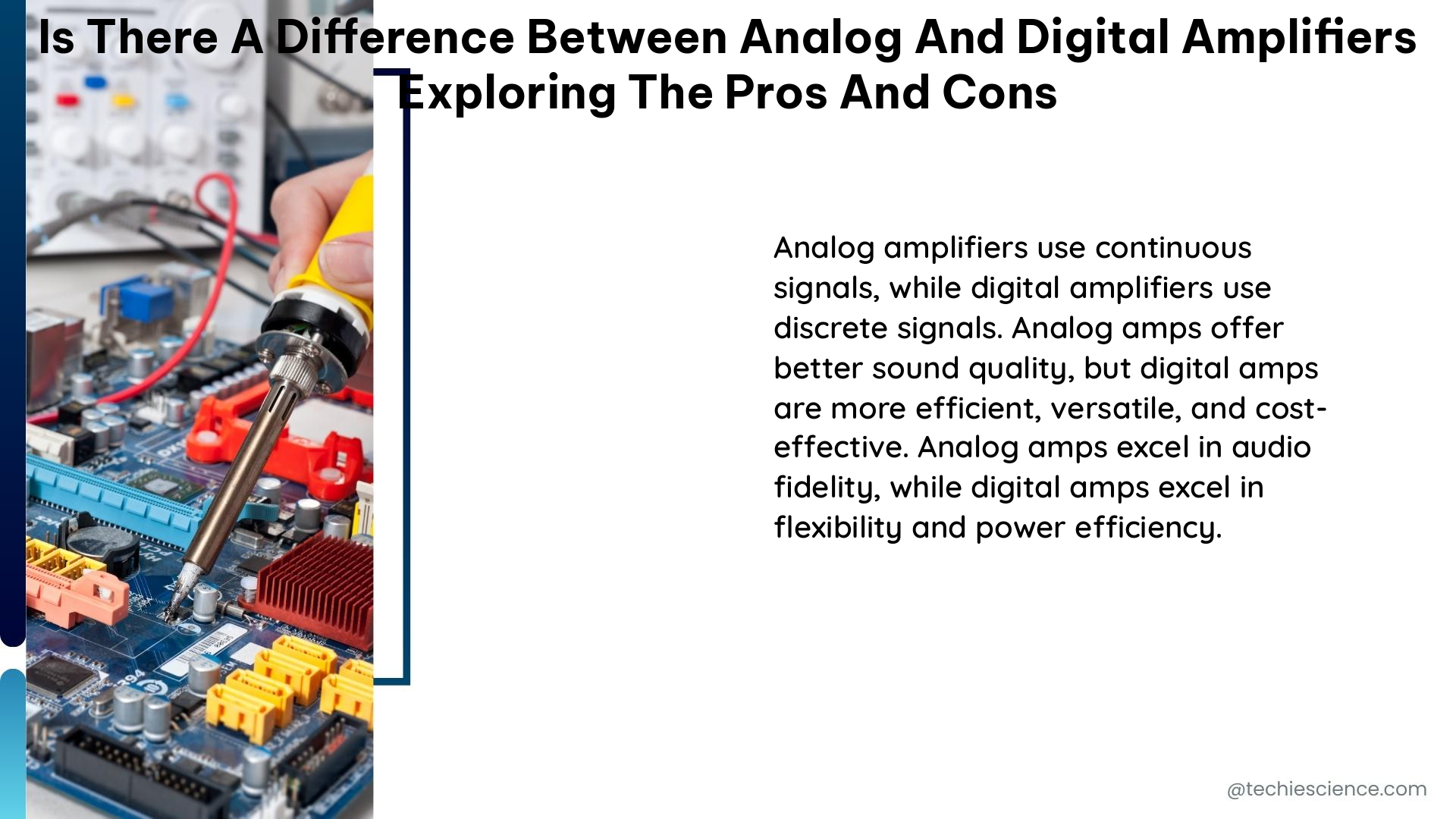Do All HPFs Rely on Reactance Properties of Capacitors?
High-Power Factor Supplies (HPFs) are power electronic devices designed to improve the power factor of an electrical system by compensating for the lagging current in inductive loads. Capacitors play a crucial role in the functioning of HPFs due to their unique reactance properties. Understanding Capacitive Reactance Capacitive reactance (Xc) is a measure of the opposition … Read more

